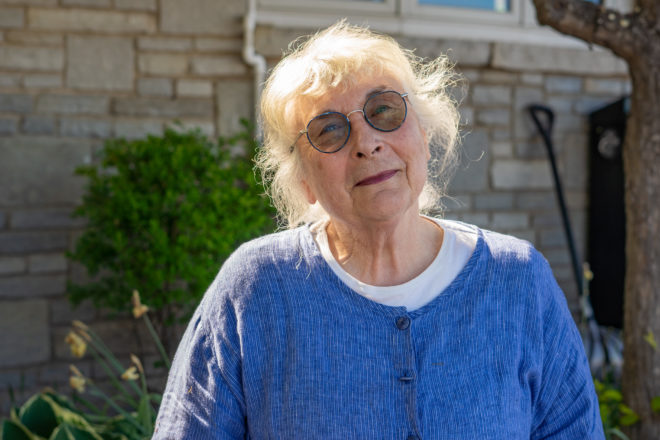Hal Prize Poetry Screening Judge: Jami Hanreddy
- Share
- Tweet
- Pin
- Share

We asked the group of local screening judges for the Hal Prize to share with readers and writers what they’re looking for when they go through submissions: Why does one piece of writing make it to the final round, but not another? These columns will illuminate the screeners’ process and help those who want to improve their writing – and are perhaps writing with the intention of submitting their work to the contest.
What do I look for in a Hal Prize submission? Following on the heels of the articles by screening judges Carrie Sherrill (poetry) and Marggie Moertl (fiction), and poetry judge Sean Hill, I could just smile and say, “What they said!” But their sound advice absolutely warrants repeating, so I will try to summarize their major points while adding a few of my own, including why judging is topsy-turvy from that of an educator.
Submissions must follow the rules of the contest to get past the first reading. The screening judges must score each submission, eventually selecting only 20 poems in the yes group to pass on to the Pulse editorial staff who send them for final consideration to this year’s poetry judge, Sean Hill. Last year there were well over 200 poems submitted and, therefore, we must eliminate on the first reading all submissions that miss the boat on the rules. Also, on the first read of a poem, I must look at spelling, punctuation, grammar and phrasing that seem erroneous and do not serve the intent of the writer. As an educator, this is the last thing I might look at in a student’s work, instead focusing on the content, message, beauty of the language and heart of the writer.
On the first or second reading of each submission, the language used to create the images and the metaphors that carry the author’s intent are meticulously scrutinized. As an educator, I would look at these things to fix a little later on. Problems in this area are often easily cleaned up with the help of feedback from your writing group, a mentor or a friend. What’s really hard to fix is vacuity, a poem without heart or depth of feeling, humility or humor.
After early elimination, I read the poems two, three or even four more times until I can confidently settle on the ones that sing out to be submitted for final judging. While this can be highly subjective and perhaps reflect a judge’s tastes, I am committed to judging each submission on the basis of whether it is the best in its class, be it a narrative, rap, haiku or villanelle.
Great titles or first lines that tie neatly into the theme, and a good story with a heart-stopping tag line, are often elements of winning poems. However, there are some poems that you can just let wash over you. You can let your intellect rest for a bit and savor the music, rhythm and beauty of the images. I personally get bored by poem after poem that only the author understands. I think a poem can be both straightforward and beautiful, full of profound ideas and masterful metaphors to which we all can relate.
Jami Hanreddy lives in an interspecies household in Gills Rock. She is a retired textbook author, book editor, English language consultant/coach and educator.




